BSc (Hons) Computing
3–year Bachelor’s degree
Full-time
Start September
This programme produces graduates who can continuously respond to the rapidly developing needs within this sector, regardless of how technology may change over time.
Two specialist pathways are available for study: Cybersecurity or Multimedia Development. Each combines highly-valued technical skills with critical analysis and problem solving. Students are encouraged to be open-minded and flexible; and a strong emphasis on communication and teamwork replicates actual roles and functions from the professional world of IT.
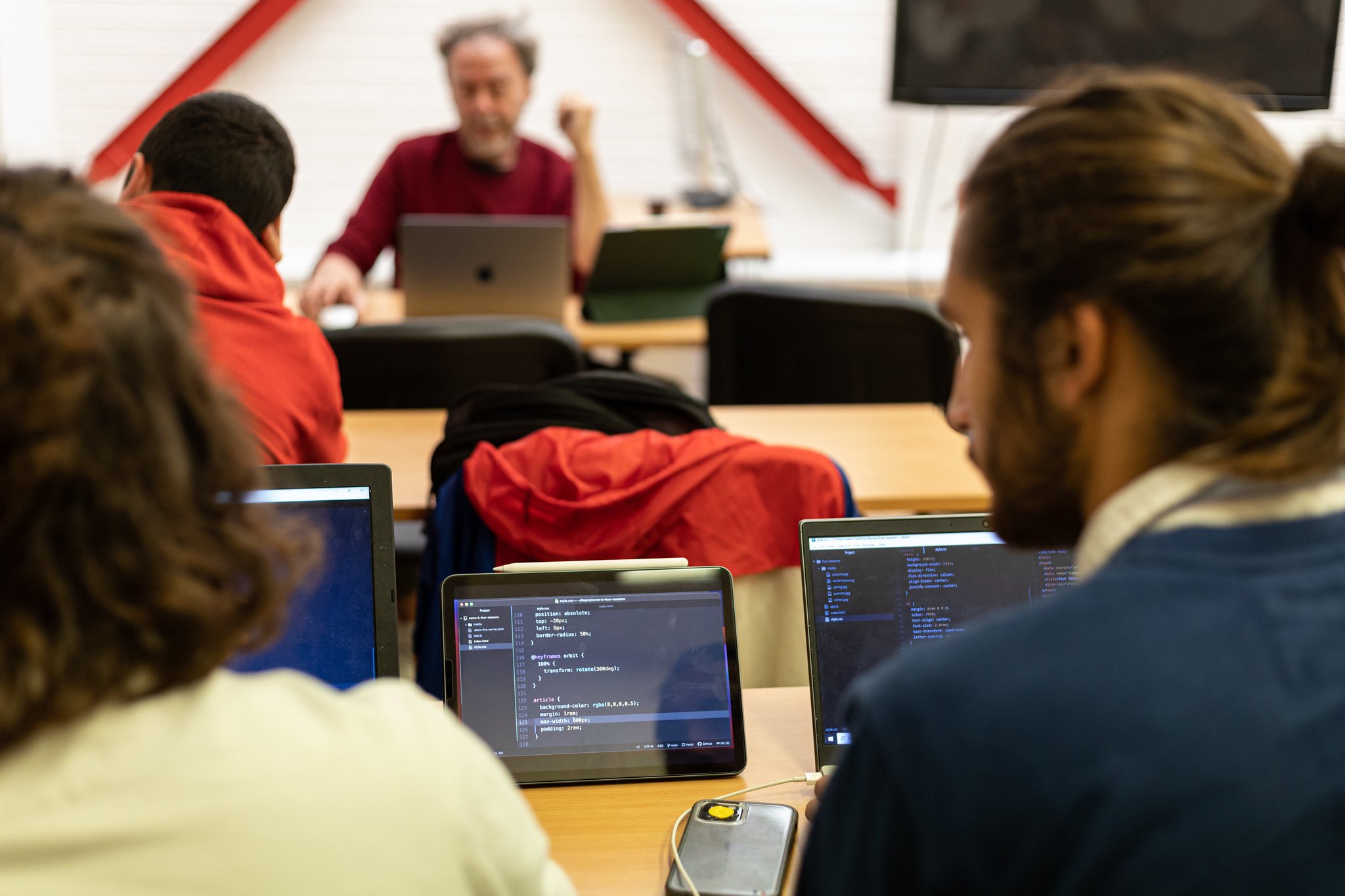
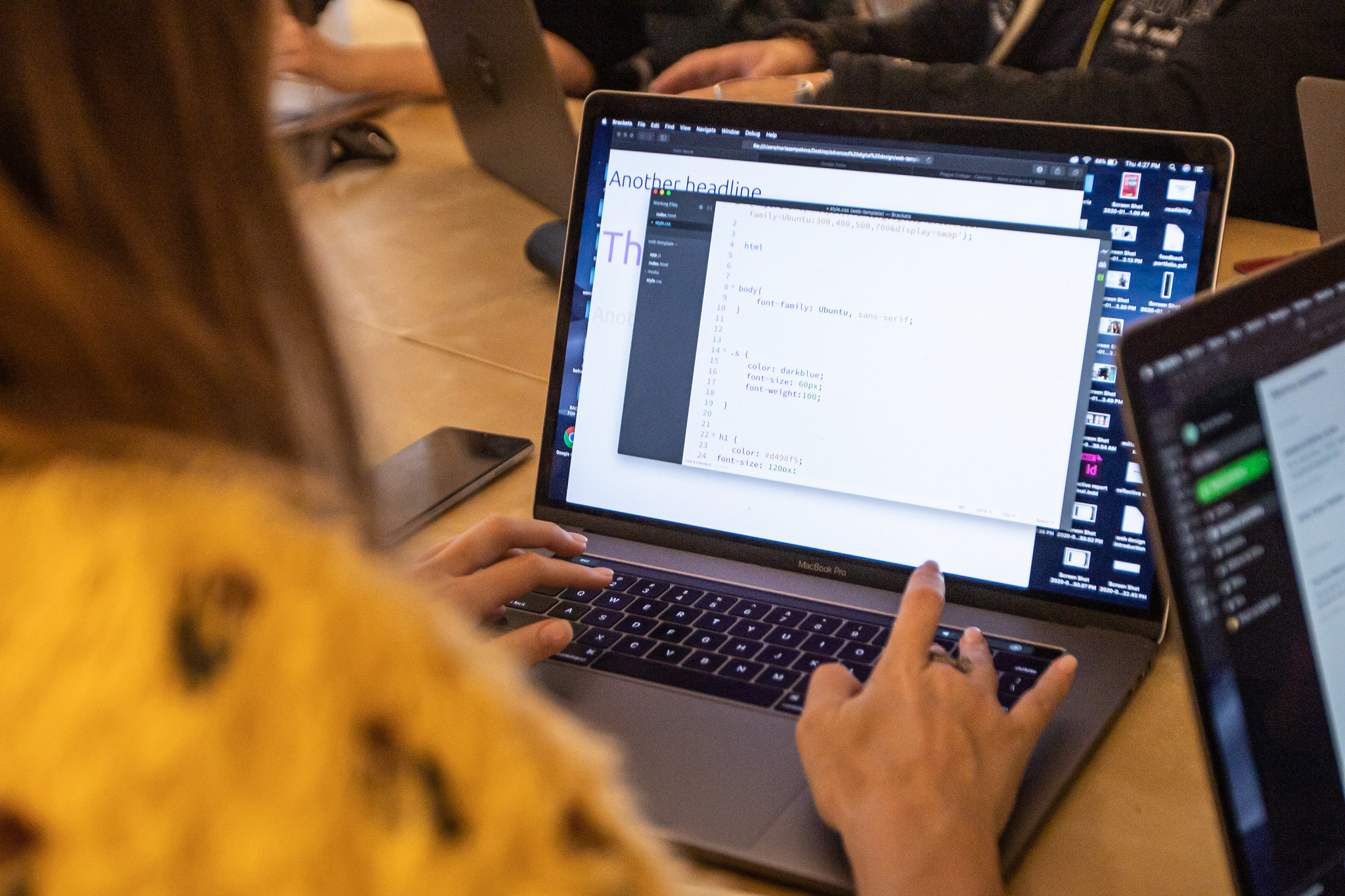
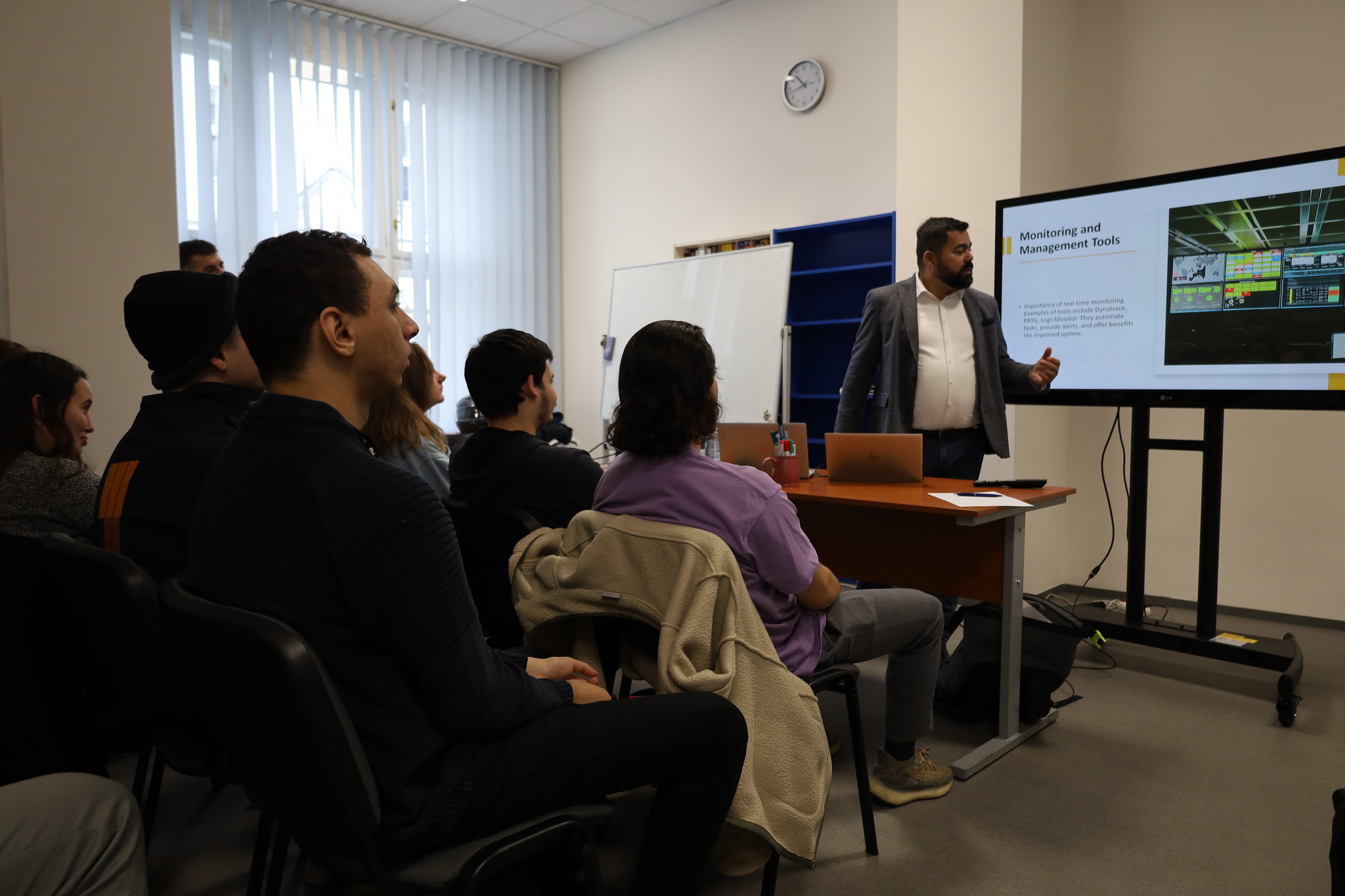
Programme Essentials
- Follow a curriculum developed specifically for industry’s needs.
- Aquire high-level skills that ensure ongoing employability regardless of technological change.
- Work and manage real-life projects with your peers, simulating a professional environment.
- Learn self-improvement skills, and how to communicate effectively across a wide range of professions, advanced presentation skills and teamwork.
- Enjoy open access to the academic team and continuous feedback for projects and assignments.
- Opportunity for internships and networking through our Industry Network and client-based project work.
- Opportunity to pursue further studies.
BSc (Hons) Computing officially registered by the Czech Ministry of Education, Youth, and Sports (MŠMT).
Find out more about programme accreditation & recognition →
What You Study
Year 1
- Networks and System Administration
- Mathematics for Computing
- System Design and Databases
- Algorithms and Data Structures
- Programming Fundamentals
- Web Design and Development
Year 2
- Relational and NoSQL Databases
- Java Programming
- Symbolic Computation
- Network Architecture and Security
- Secure Application Development
- 3D Computer Graphics
- Multimedia Application Development
Year 3
- Web Application Architecture and Development
- Design Patterns in Java
- Artificial Intelligence
- Computing Project
- Cybersecurity and IS Management
- Real-time Application and Game Creation
* Students following the Distance Learning learning programme take the Cybersecurity pathway.
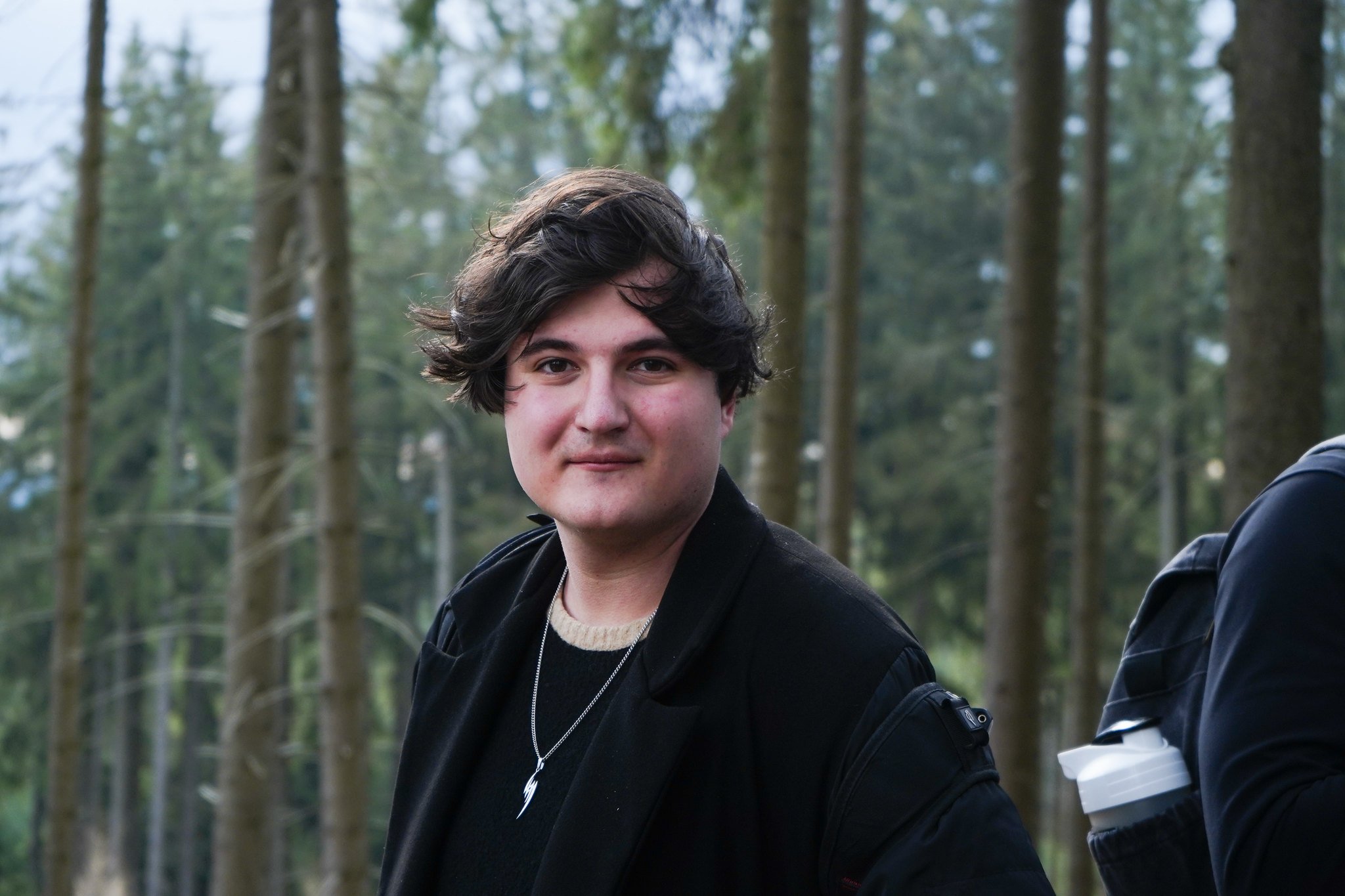
"The main advantage of the programme is its versatility. I had the opportunity to try many different areas in IT, which allowed me to understand what I liked and explore it. In particular, I enjoyed 3D and Game Design; it was both fun and informative. In my opinion, the teachers play a big role and actively encourage you to build on the knowledge that they share. I'm now progressing to MA Future Design to further develop my knowledge of product development and design as I see my professional future in Web Development.”
Ilia Polyakman
Schedule
Full-time
Full-time students can expect to attend daily classes, with 18-20 hours per week in class, plus additional workshops and guest lectures. Further independent learning and group work is expected.
Distance Learning
Distance Learning is suitable for working professionals, as it combines online distance learning with on-campus workshops. Weekend classes take place once every three or four weeks during the semester. The programme can be highly individualized, based on your level of entry into the programme.
Meet Acting Programme Leader
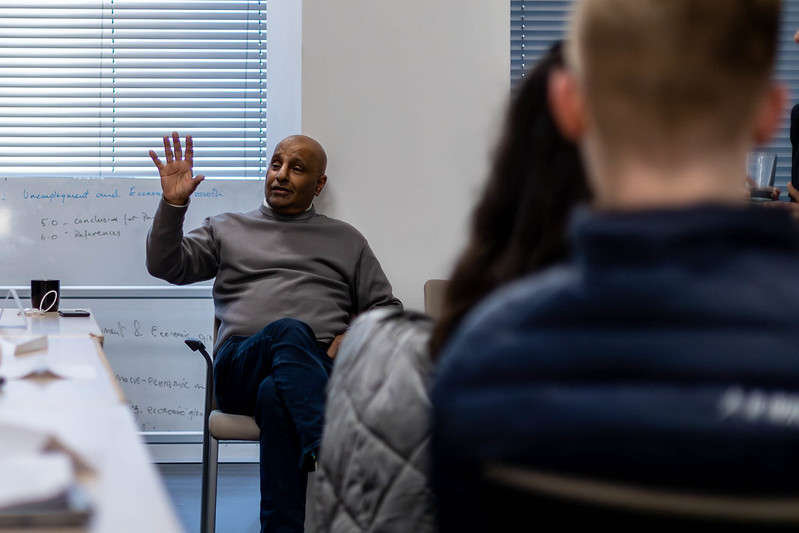
Bruce Gahir, DBA
As the acting Programme Leader for BSc Computing, Bruce Gahir brings a wealth of expertise and leadership to the role, drawing on his experience as both a lecturer and course administrator. His research activities include an exploration of the crossover between the application of data analytics methodologies and business processes, the application of AI and ML tools to Business Fintech applications, the development of Structural Equation Models and analysis to develop multi-functional models for Supply Chains processes. Bruce Gahir has also managed and taught ITIL ICT Service Management, Business Information Systems and Cryptography courses at PCU.
Entry Requirements
- Confirmation of completed High School Education with an appropriate grade profile (assessed individually)
- English language certificate.
Required Scores: IELTS 5.5; TOEFL iBT 60+; FCE (A) Other certificates may be accepted - A letter of motivation (300 words)
- For all programmes at Prague City University there is a final interview between the applicant and the Programme Leader before the final decision on admission is made.
- CV, for distance learning applicants
Are you interested in this programme?
Get in touch now and start September.
Past Projects
Bachelor’s study in Computing culminates in a challenging self-driven dissertation project that taps into a student's strengths, interests and experiences. Below are summary projects and links to student's full dissertations.
Final Project: NTFS Master File Table viewer solution →
A computer security incident response team (CSIRT) solves computer security incidents within an organization. CSIRT uses information from computers to detect and respond to security incidents. Whenever a security incident occurs such as malware delivery attempt, intrusion attempt, phishing, exploit attempt or malware infection on a computer, the CSIRT response analysts are analysing the incident and are challenged to gather evidence to support their analysis. A security investigation is a process where the security analyst develops and tests hypotheses that answer questions about the security event. An evidence is any type of information that supports or contests a hypothesis raised by the analyst. The project aims to solve an existing problem within a CSIRT here referred to as the client by researching the security investigation methods to develop a custom-made tool to view digital evidence - Microsoft NTFS MFT table. The report is supported by the project requirements, design, implementation, testing and evaluation of the client’s specific problem. The tool is not intended for any other organisation other than the client’s company.
Final Project: Gesture Recognition Utility for Unity 3D →
The aim of the project is to develop a module that can be integrated with a Virtual Reality based application, and allow the user to control a 3D environment using hand tracking only. This module would be used for virtual reality 3D applications developed by ELI Beamlines laser research facility to provide researchers with training to prepare them to use real-life equipment. The project addresses the problem of hand tracking and gesture recognition as a complex task that a developer not familiar with the specifics would find very complex. Research was undertaken using specialised literature, published academic articles, official documentation for developers, and user community discussions on the web. The research, together with client communication has led to the formulation of a set of functional and non-functional requirements. The platform selected for project implementation is Unity 3D game engine. The virtual reality headset is Oculus Development Kit 2, and the gesture recognition hardware is Leap Motion Development Kit. Official software development kits for both Leap Motion and Oculus DK2 were utilised throughout the project. The programming language selected for the implementation of application logics was C#.
Final Project: ETL configuration files management →
This project presented the waterfall development lifecycle resulting in the production of a web application enabling the management and editing of ETL configuration files sourced from Github. Covered were the required steps, topic research, design, implementation and testing. The final evaluation demonstrated acceptance testing and reflected on lessons learned and plans for further development.
Career Building at PCU
Gabriel Homa, Solutions Architect & PCU Computing student
Gabriel works full-time as a Solutions Architect at HTD in Prague and is studying for his Bachelor’s in Computing, whist based in Ostrava, Czech Republic. He is a self-taught IT specialist and with in-demand technical skills has found work easily. We spoke with him to find out why he chose to earn his Bachelor's and how he's managed to study while working full-time.
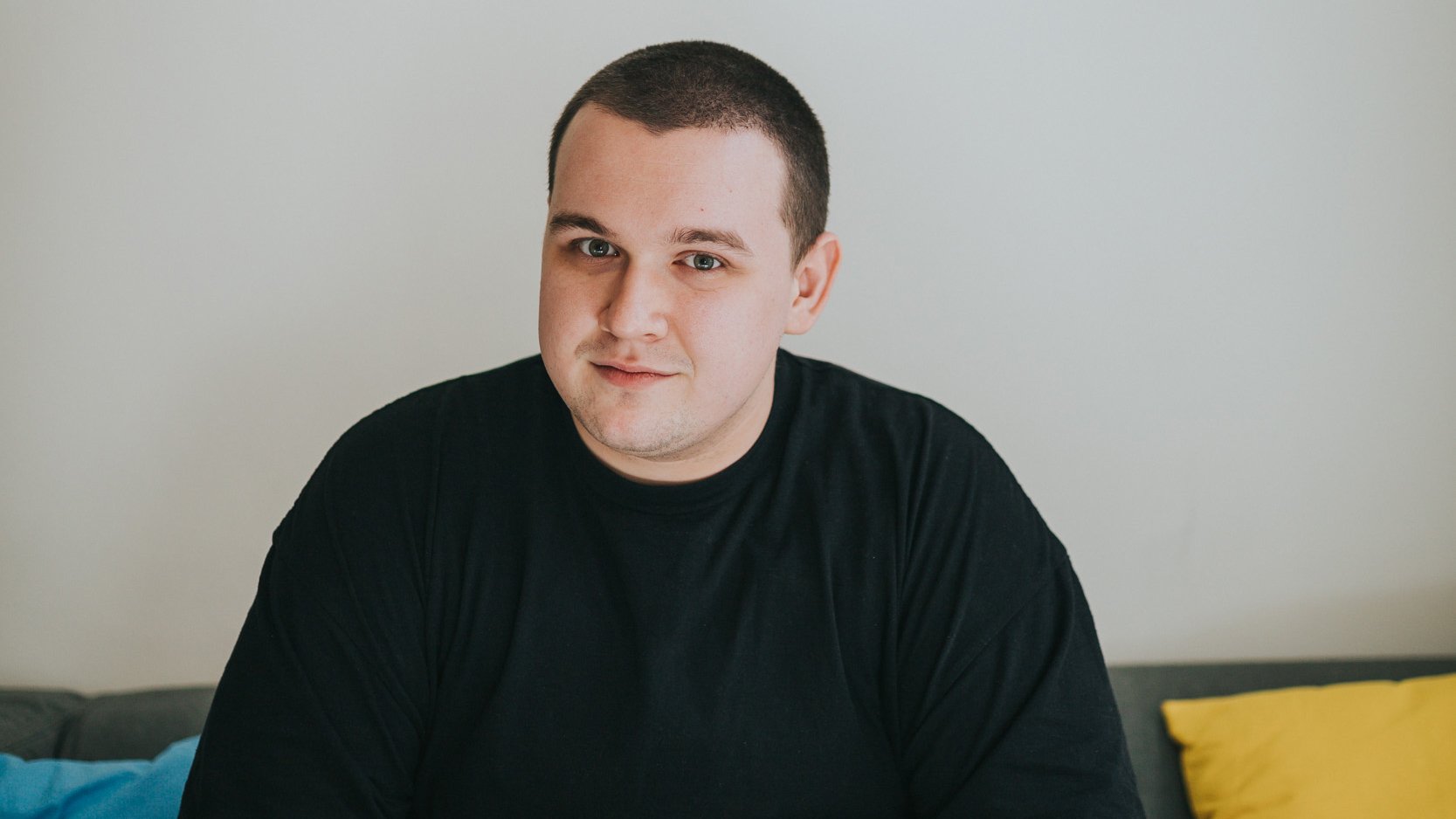
Lecture from Alexandru Ureche, a specialist in IT Operations and Cybersecurity
Computing students had the chance to learn firsthand from Alexandru Ureche, a prominent IT professional. Alexandru was invited as a guest speaker for the School of Media & IT's Media Innovation and Technology Lecture Series (MITS) having forged a successful career in Senior Project Management roles for technology projects in several multinational companies. Currently, he holds the position of Global Head of Command & Control Centre at the Adecco Group.

Graduate Careers & Further Study Destinations
After graduation some alumni have secured global careers at leading corporations, some have successfully pursued research and further studies at leading institutions, while others have started their own businesses:
- Mitchell Mullen is a Junior DevOps Developer at Deutsche Börse, one of the world’s leading exchange organizations.
- Nikoleta Rázková started as a Developer and moved into the role of Senior IT Product Manager at Binario. Nikoleta also achieved her Master's in International Management at PCU and is now an Engineering Manager at Barclays Bank.
- Kristi Shumka pursued a Master's degree in Cybersecurity at the Moscow Institute of Physics and Technology and now works as a network security consultant with Cisco in Lisbon, Portugal.
